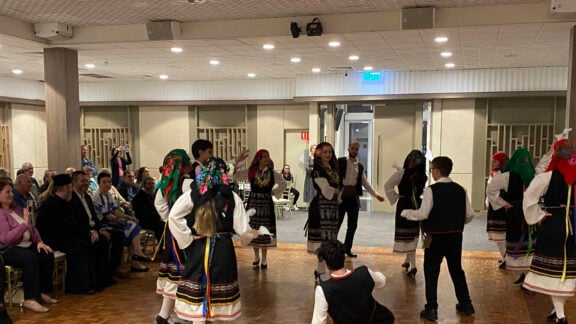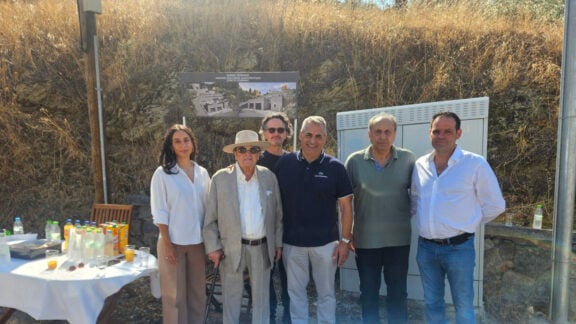Tobias Hill’s brilliant, hauntingly disturbing, but perhaps slightly anticlimactic novel, his fourth, is set in Sparta – modern as well as ancient. The title, in one of its several possible decryptions, is a translation of the ancient Greek Hoi Kruptoi, referring to members of ancient Sparta’s Krypteia or Special Helot Branch.
Connoisseurs of the Spartans’ educational and ritual systems will know that, after enduring over 10 years of the rigorous, comprehensive, universal state educational cycle known as the Agoge or Upbringing, certain selected 18-year-olds embarked on an extended period of ‘secret’ service to the state – living rough, off the often wild countryside, winter and summer, minimally equipped for bare survival, but also – at need – murdering by night any members of the native servile underclass of Helots (‘Captives’) they might accidentally on purpose run across.
‘The Hidden’ of Tobias Hill’s title are a small, heterogeneous, polyglot, multinational squad of archaeologists, privately funded but digging apparently at or near the prehistoric Menelaion site, with an official permit from the Greek Archaeological Service’s 5th Ephorate of Prehistoric and Classical Antiquities. That detail is scrupulously and accurately recorded, all part of the intense laying-on of background colour. But why then Hill has to make a number of elementary historical mistakes (a particular cluster of them on pp. 132-3) – the number of Spartans at the Battle of Leuctra is exaggerated grossly, Christos is misspelled as ‘Chrystos’ and Atzingani as ‘Athigani’, the female skeleton they uncover is dubbed ‘Laco’ (masculine), not Lacaena, the Theban Sacred Band was not anticipated by Plato in the Symposium but rather Plato refers back to its creation by Gorgidas, and Gemistos Plethon is misdated to the fourteenth century, among other small but irritating errors – is a minor mystery of its own.
General, nonspecialist readers won’t of course notice most of these slips.
Nor probably will they pick up on what is perhaps the greatest surprise of all in this very welcome addition to the ever-enriched Spartan tradition: that these devotedly extreme Laconophiles are, unlike almost all known members of the tribe since the 18th century, left-wing in their politics.
What they may well feel many of them, as I did, is that after some wonderful descriptive build-up and much evocative narrative and character drawing – in an impressive literary crowd a nocturnal jackal-hunt and the aptly named Eberhard Sauer stand out – the climax is a little underdone, notwithstanding the heady echoes of the ultimate fates of such ancient greats as Pompey and Cicero.
The narrator, however, a refugee from a failed marriage and a broken-off Oxford DPhil dissertation, remains a sympathetic figure throughout, and he carries us with him to an ending that is by turns genuinely gruesome and bathetically melodramatic. But whatever its flaws, let there be more such archaeo-fables, for us Anglo-Hellenists and especially Spartanists to dig.
Paul Cartledge is the A.G. Leventis Professor of Greek Culture at Cambridge University. His Ancient Greek Political Thought in Action (C.U.P.) is forthcoming in May 2009.









